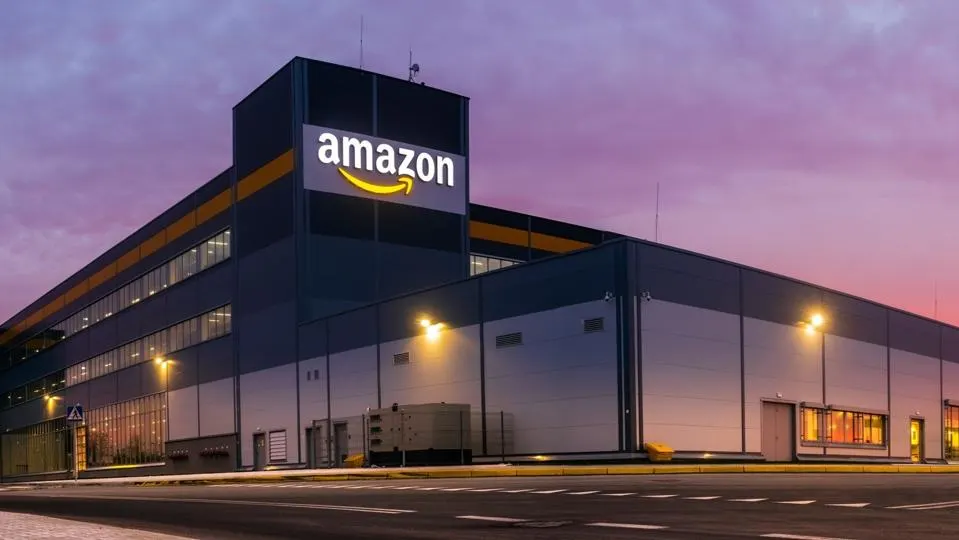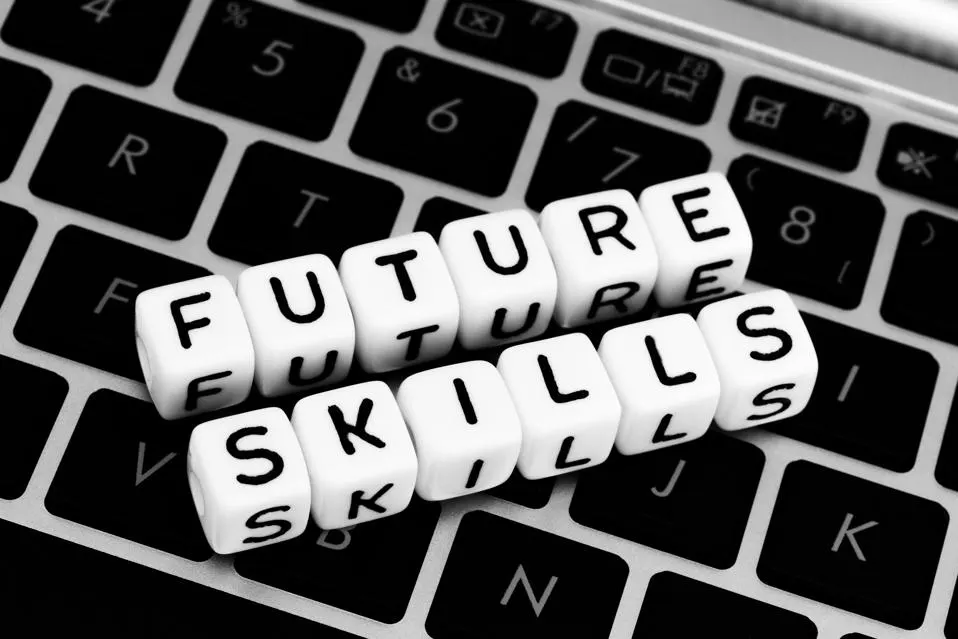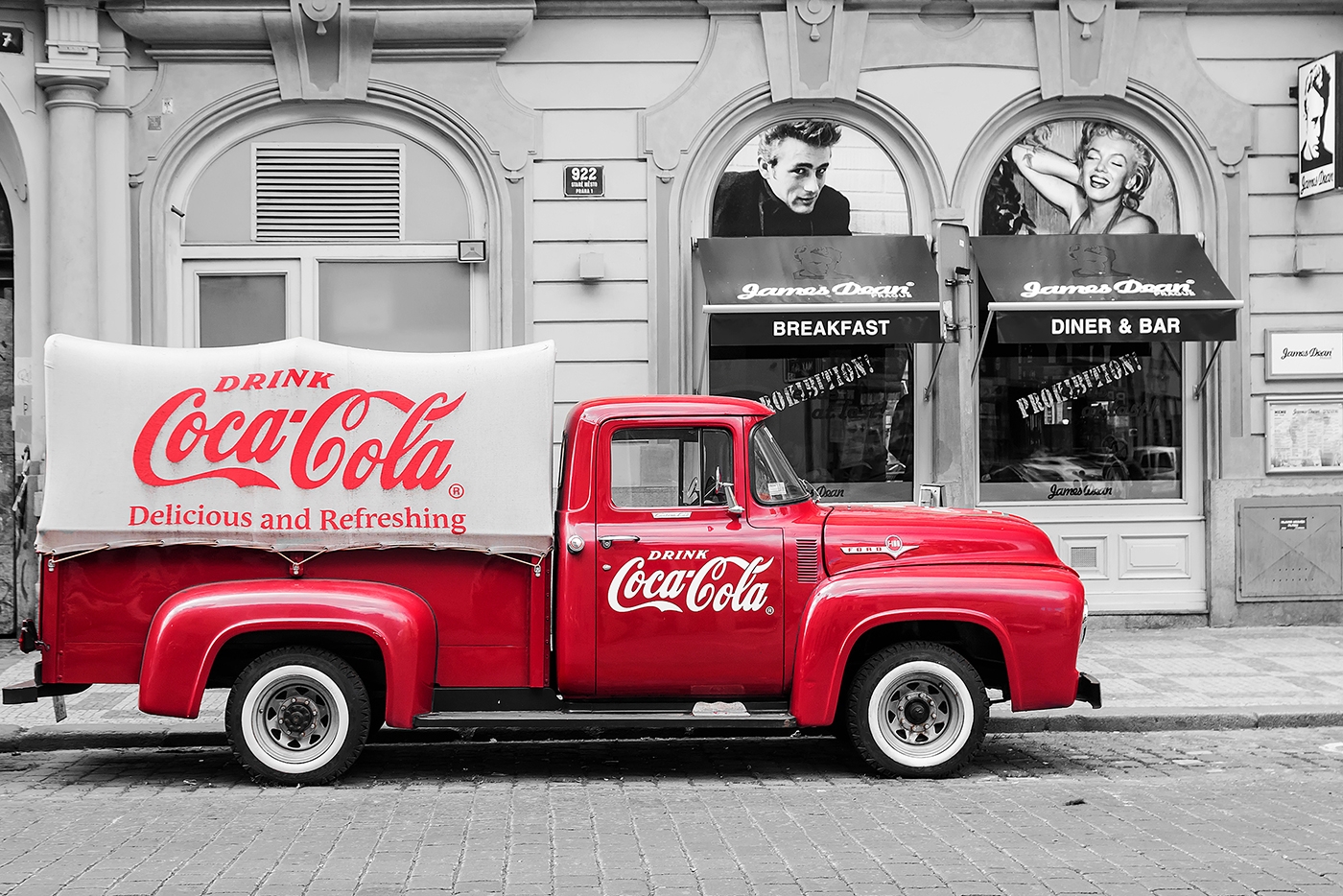Why Every Business Must Get Ready For The Conscious Consumption Trend
17 May 2022
With growing awareness of the climate crisis generally comes a desire for more eco-friendly products.

Certainly, in my family, we're keen to understand the impact of what we buy and are regularly asking questions such as, "Is this fair trade?" and "Was this farmed sustainably?" We're trying to be conscious consumers, in other words, seeking to understand the wider impact of our purchases and, wherever possible, choosing more sustainable, responsible alternatives. And as this major business trend shows, we’re not alone.
The rise of conscious consumption
Eco-credentials, sustainability, responsible practices … these are now key considerations for consumers. Today, two out of three consumers are “belief-driven buyers,” and more than two-thirds of consumers say they expect brands to stand up for social, cultural, and environmental issues. It’s not that pricing and value for money are no longer important – although three out of four millennials are willing to pay more for sustainable products – it’s just that environmental and societal impact is an added consideration for the majority of today’s consumers.
What does this mean in practice? In general, it means, consumers want to know:
- Where a product is made
- How it’s made
- And what it’s made from
For businesses, this means the notion of stakeholders is changing. Alongside customers, employees, investors, and so on, society itself is now a stakeholder – meaning organizations that act in the best interests of society, by providing responsibly made products, will be better equipped for success in the future. Businesses must therefore work to ensure their products are produced ethically, sustainably and, where appropriate, from natural materials. They must also invest in more sustainable business operations. And, of course, they must promote their eco-conscious approach to consumers (and, I’d argue, to employees, investors, suppliers…).
Eco-friendly, sustainable products
The conscious consumption trend has led to a plethora of eco-friendly products. In particular, food is a key area for the conscious consumer, with many consumers (myself included) looking at sustainable fish, organic produce and plant-based alternatives to meat.
The palm oil backlash provides another illustration of consumers’ desire for more responsible food products. According to the World Wildlife Foundation, palm oil is the most widely consumed vegetable oil on the planet, largely because it finds its way into so many products on our supermarket shelves. This is bad news because the spread of palm oil plantations has led to the destruction of rainforests that are precious habitats for endangered species such as orangutans and tigers.
When my family and I went through our shelves, we were surprised how many products contained palm oil. For each one, we switched to an alternative that either doesn’t contain palm oil or uses sustainable palm oil. (In fact, the WWF encourages consumers to buy products with sustainable palm oil, rather than give up palm oil altogether, which could harm the communities where it is grown.) Nutella is one such product that contains certified sustainable palm oil, which means the palm oil can be traced back to mills, ensuring it doesn’t come from plantations subject to deforestation. Thank goodness, because no one is going to convince my kids to give up Nutella!
Another sector with a significant environmental impact is fashion, and I’ve been trying to support fashion brands that take a more responsible approach. Allbirds is a brand that I’m particularly passionate about – partly because it makes incredibly comfortable shoes, but also because the company works hard to reduce its carbon emissions. Allbirds measures the emissions of everything from raw materials to their end of life, uses natural and recycled materials where possible, and offsets whatever’s left – overall, making Allbirds a carbon-neutral business. But that’s not enough; the company is on a mission to emit no carbon at all. Other brands could stand to learn something from this ambitious approach.
Sustainable packaging
I can’t be the only one who’s ordered a relatively small product from Amazon only to have it arrive in an enormous box filled with packaging. Packaging is certainly one of the major downsides of purchasing products online. But there is hope in the form of South Korean company Coupang, which puts Amazon’s approach to packaging to shame.
Coupang is the largest ecommerce retailer and second largest publicly held company in South Korea – it’s the country’s answer to Amazon.com, if you like. But, in my view, it’s better. The company has eliminated the need for cardboard boxes and bubble wrap for 75 percent of deliveries, and its grocery service, Coupang Fresh, ships in reusable containers – customers simply leave the containers by their door when they’re done and Coupang takes them away. Similarly, when a customer wants to return goods, they can leave them outside the door, with no need for a label or packaging. How cool is that? Believe me, if I could buy from Coupang here in the UK, I would. I hope other online retailers will follow Coupang’s lead in the very near future.
The key takeaway here is this: the majority of consumers are now belief-driven. And with rising awareness about the environment, consumers increasingly want to buy sustainable, eco-friendly and responsible products. If your organization wants to succeed in the long term, you’ll need to find ways to reduce your environmental impact and promote your sustainability credentials to your audience.
To stay on top of this and other future trends subscribe to my newsletter and have a look at my book Business Trends in Practice: The 25+ Trends That are Redefining Organizations. Packed with real-world examples, it cuts through the hype to present the key trends that will shape the businesses of the future.
Related Articles
The Amazing Ways Amazon Is Using AI Robots
Amazon, the e-commerce giant, has long been at the forefront of technological innovation.[...]
What HR Functions Can Companies Automate With AI?
HR teams have moved beyond administrative and personnel-focused duties and are[...]
The True Value Of Data And AI In Human Resources
As we venture deeper into the digital era, the scope and possibilities of data and artificial[...]
The 10 Most In-Demand Skills In 2024
In my book Future Skills: The 20 skills and competencies everyone needs to succeed in a digital world, I look at the skills everyone will need over the next 5-10 years.[...]
The Top 5 Tech Trends In 2024 Everyone Must Be Ready For
Once again, we’ve reached the time of year when we look ahead at what technology has in store for us in 2024.[...]
The Amazing Ways Coca-Cola Uses Generative AI In Art And Advertising
Some say that in the very near future, we’ll need to either adopt artificial intelligence (AI) or be made redundant by it – or by others using it.[...]
Sign up to Stay in Touch!
Bernard Marr is a world-renowned futurist, influencer and thought leader in the fields of business and technology, with a passion for using technology for the good of humanity.
He is a best-selling author of over 20 books, writes a regular column for Forbes and advises and coaches many of the world’s best-known organisations.
He has a combined following of 4 million people across his social media channels and newsletters and was ranked by LinkedIn as one of the top 5 business influencers in the world.
Bernard’s latest book is ‘Generative AI in Practice’.










Social Media